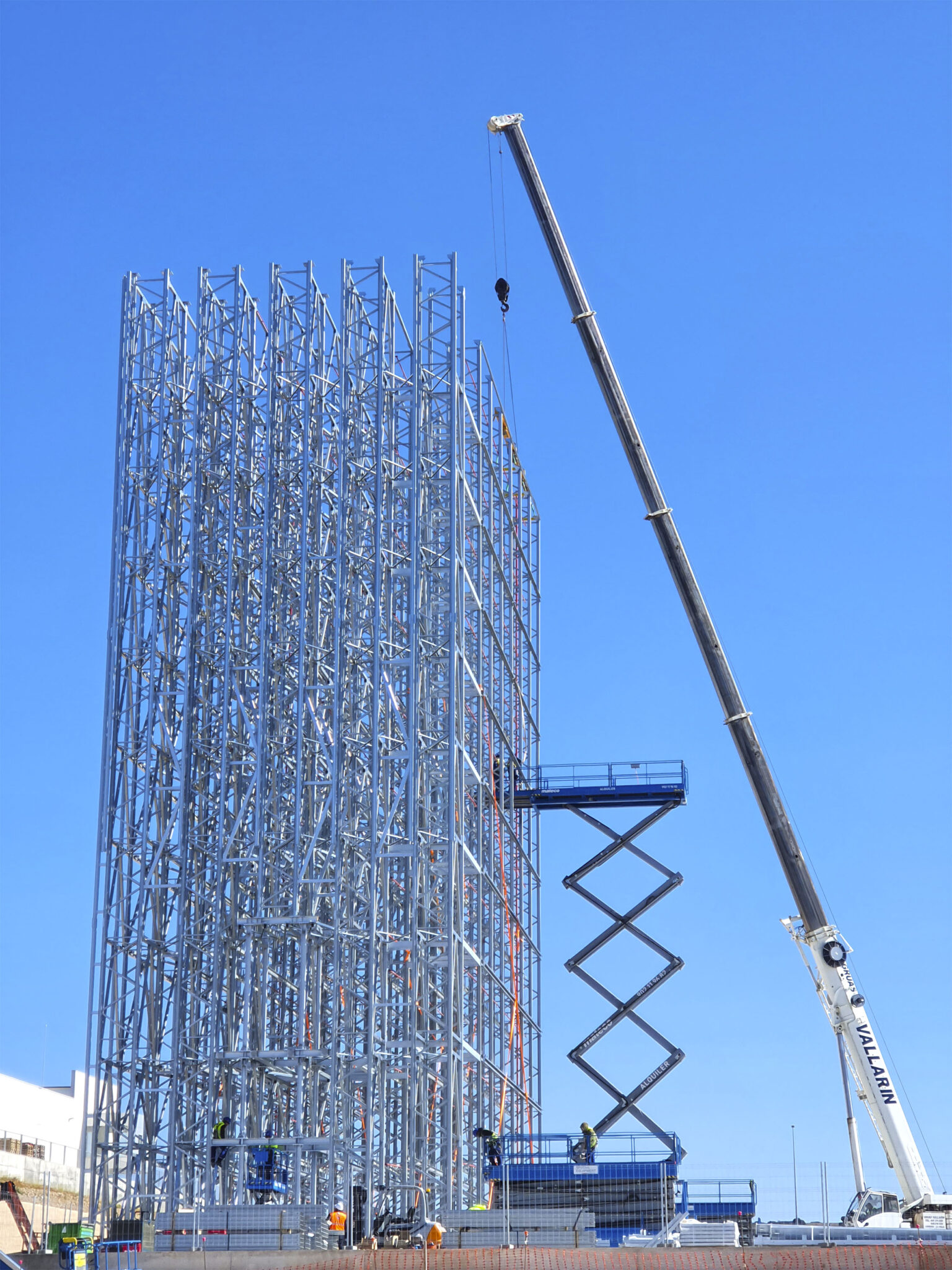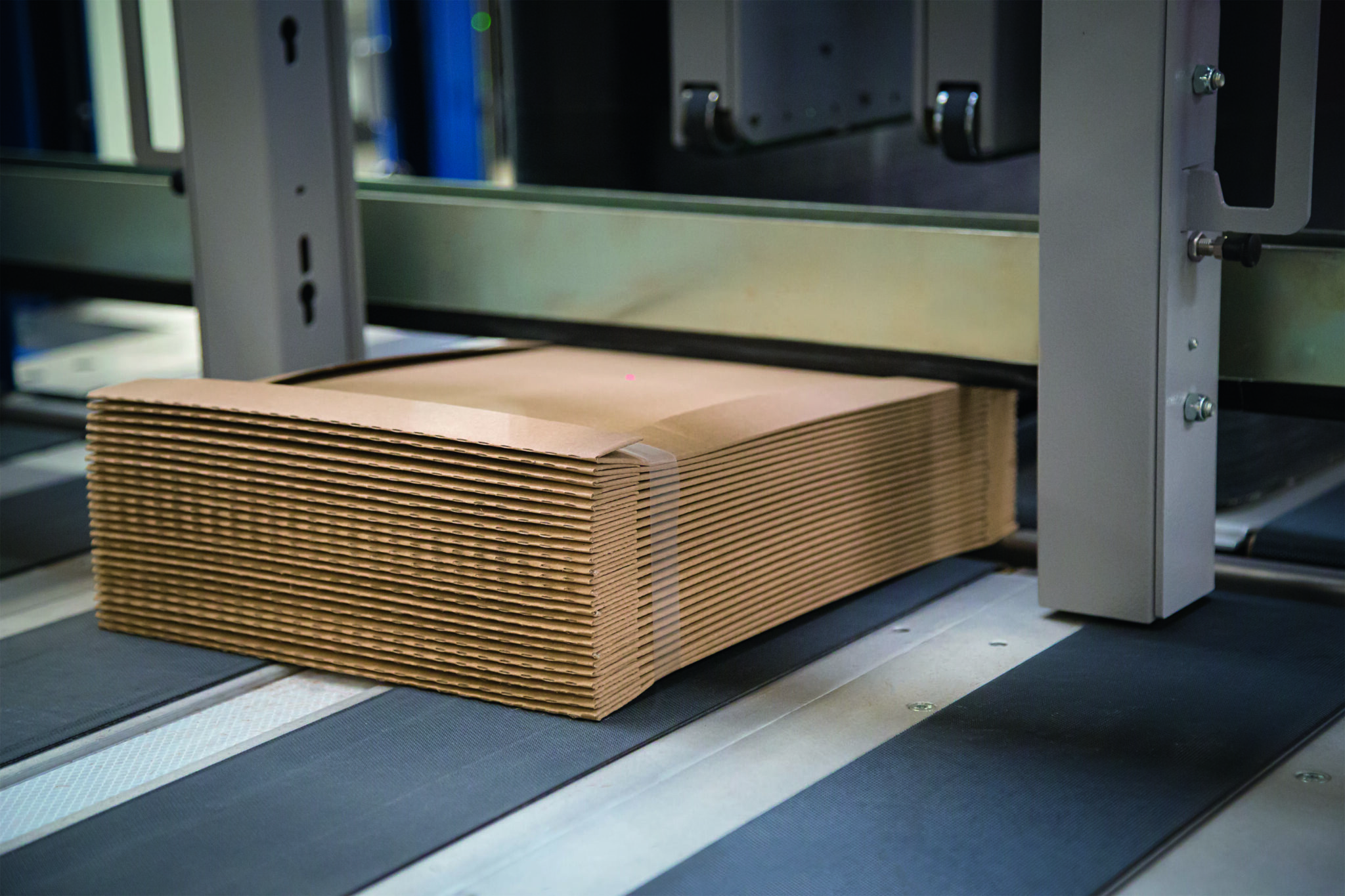UPS is expanding its specialty pharmaceutical offerings by establishing UPS Cold Chain Solutions, a comprehensive suite of cold chain technologies, best-in-class capabilities, and new and expanded global facilities providing complete, end-to-end temperature-controlled logistics.
“Our customers have been taking advantage of our cold chain capabilities for years, but the pandemic caused UPS to move even faster to enhance an integrated set of cold chain solutions to support the future of the pharmaceutical and medical device industry,” said Wes Wheeler, UPS Healthcare president. “UPS’s near-perfect, on-time delivery of the COVID-19 vaccine proves how effectively and efficiently our network handles biologically derived drugs, even at extreme temperatures.”
Chronic and life-threatening diseases, including cancers, respiratory, autoimmune and cardiovascular conditions, are the fastest growing disease categories in the world, creating a rapid acceleration in the development of biologically derived, temperature-controlled drugs and therapies.
According to the Biopharma Cold Chain Sourcebook, cold chain trends show 48% growth between 2018 and 2024 for drugs that require at least 2-8°C storage and shipping. Additionally, the overall market for cold chain services (packaging, transportation and data services) is expected to significantly accelerate growth over the next three years, growing by 24% by 2024, after posting a 10% increase from 2019 to 2020.
“The future of the healthcare and specialty pharmaceutical industries will increasingly rely on robust cold chain networks to safely deliver temperature-controlled drugs and therapies to customers,” said Kate Gutmann, UPS chief sales and solutions officer and SVP, UPS Global Healthcare. “The continued evolution of our cold chain offerings ensures UPS is ready for the future and can continue to provide long-term value for our healthcare customers.”
UPS Cold Chain Solutions is purpose-built to provide pharmaceutical companies, healthcare providers and laboratories a full, end-to-end cold chain service offering, including storage and distribution, transportation, visibility, and quality assurance capabilities to meet their complex demands for critical products around the world.
As part of a continued, aggressive strategy to build sophisticated capabilities in cold chain logistics, UPS Healthcare is expanding and augmenting its temperature-controlled products and services, including:
Cold chain GMP storage capacities – roughly 390,000 sq ft (36,200 sq m) of coolers and freezers installed at UPS facilities to support the storage of biologics ranging from 2°C to as low as -80°C
Packaging customisation – recommendations for specific temperature-controlled packaging options to minimise total cost while ensuring safe and efficient transportation of products
UPS European cold chain ground network expansion – adding more ground transportation fleets, better connection between gateways and teams of experts to create customisable solutions that fit our customers’ needs
Transportation efficiencies – four flexible, temperature-regulated service options via air or ocean freight that can be configured to meet the needs of the pharmaceutical packaging and help keep customer costs down
Precise monitoring with UPS Premier technology – protocols to provide pinpoint visibility into covered pallets, boxes, trailers and packages within 10ft (3m) of their location anywhere in the UPS network
Facility updates – construction of two new GDP-compliant, healthcare-licensed distribution facilities in Italy and Australia, as well expansions and cold chain retrofit projects to facilities in The Netherlands, Czechia, Poland, Hungary and the US
“UPS sets a high bar for excellence in cold chain delivery and logistics, and these current and future investments in innovative solutions will ensure we keep pushing the bar higher,” Wheeler said. “For our customers, we will remain focused on delivering on our commitment to ‘Quality Focused. Patient Driven.’”






